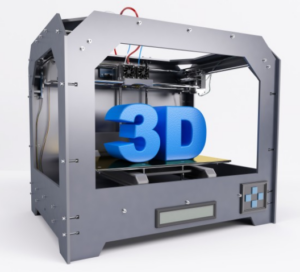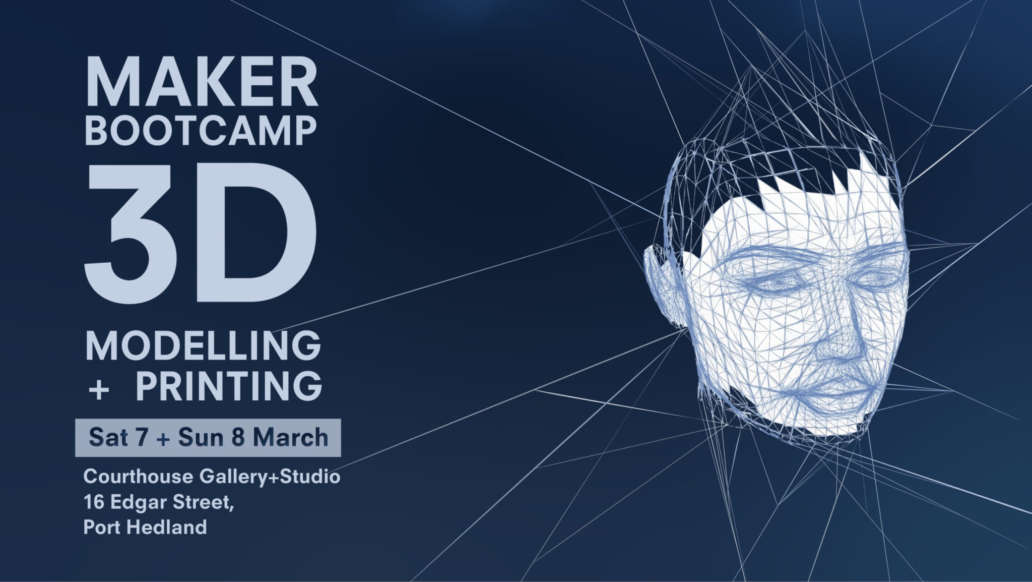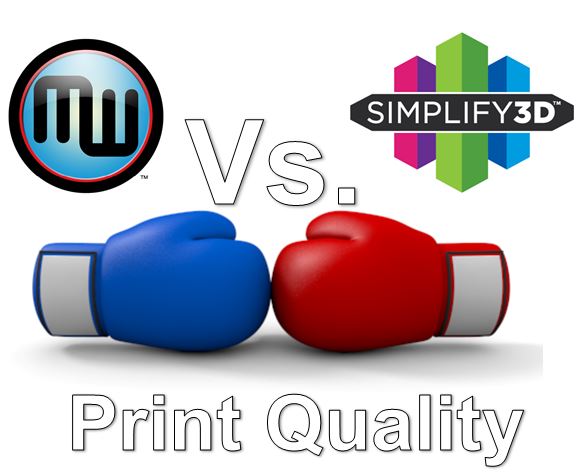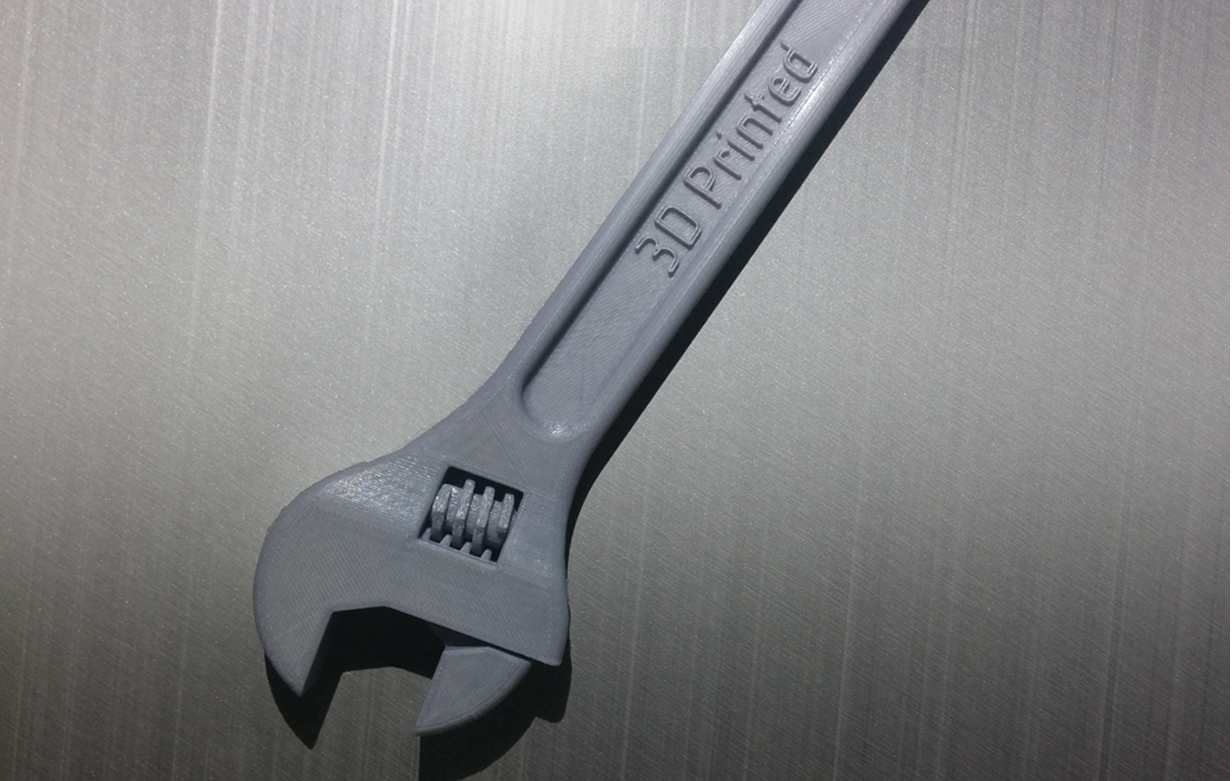TPC (Thermoplastic Copolyester)
Brief Introduction and History: TPC is a type of thermoplastic material that has gained significant attention in the field of 3D printing due to its durability and flexibility. It was first developed in the 1970s and has since become a popular choice for a wide range of applications.
Material Composition: TPC is made from a combination of polyester and different types of monomers, which are synthesized using a process called copolymerization. This results in a material that exhibits excellent mechanical properties and resistance to chemicals and high temperatures.
Uses: TPC is commonly used in automotive parts, sports equipment, medical devices, and consumer goods due to its high performance and versatility.
Best Fit Use: TPC is particularly well-suited for producing functional prototypes, durable end-use parts, and components that require flexibility and impact resistance.
Detailed Example of Specific Use 1: TPC is often used in the production of flexible seals and gaskets for automotive and industrial applications, where it provides reliable performance under varying conditions.
Detailed Example of Specific Use 2: Another significant use of TPC is in the manufacturing of medical devices such as surgical instruments and equipment that require sterilization and chemical resistance.
Difference Between Basic and Advanced Forms: Advanced forms of TPC may include enhanced impact resistance, improved surface finish, and better compatibility with specific manufacturing processes such as injection molding.
Benefits: The advantages of using TPC in 3D printing include its high strength-to-weight ratio, excellent durability, chemical resistance, and suitability for both functional prototypes and end-use parts.
Drawbacks: One potential limitation of TPC is its relatively higher cost compared to some other 3D printing materials, as well as the need for specialized equipment to handle it effectively.
Overall Rating for Daily Use: TPC is highly rated for both hobbyist and professional use, particularly for applications that demand durability, flexibility, and resistance to harsh environments.
Future Developments: Ongoing research in TPC focuses on further enhancing its mechanical properties, developing new formulations for specific applications, and expanding its use in additive manufacturing technologies.






